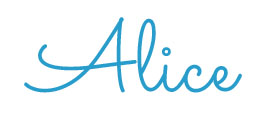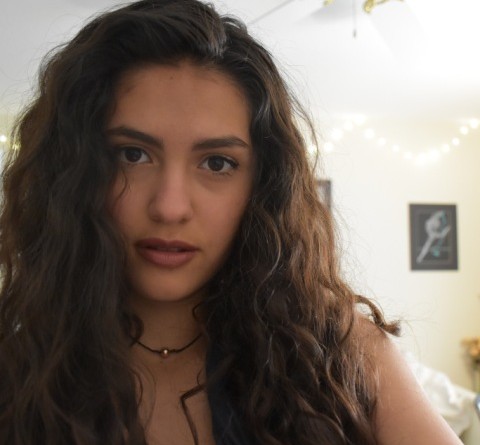Millenials Beyond the Selfie
By Emily Mata
Millennials. The selfie generation. Teenagers. In spite of our many labels, the bond between a generation of people is often vague and hard to define. What defines young people beyond the stereotypes? What mark will we leave on the future? Our legacy will include far more than our uncanny ability to take flattering pictures of ourselves with a cell phone; the current youth of America are equipped with a unique set of skills that come from being born at a critical point in history. We need only to realize our unfathomable potential.
John Hickenlooper agrees: “You are going out into life at the greatest time that a generation could come of age,” he said at one Aspen Ideas Festival event this past summer. Other powerful voices echo his sentiment; the young people of America have the ability to be more aware, more connected, and more vocal than ever before. The course of the future will depend on our responses to these opportunities.
Middle Eastern tensions, police brutality, immigration: these are just a sample of the broad topics at the forefront of the millennial mind. Young adults are known for being reactive: we are impulsive, emotional, and at times, reckless. Yet if one is able to harness those strong feelings through education and direct them towards a cause, the result is unparalleled great passion, tenacity, and boldness.
This education takes on diverse forms. The American interest in taking a gap year is ever increasing, and according to the New York Times reporter Floyd Norris, about a quarter of all high school students enter the workforce after graduating. Whether it happens within or without a classroom, when a young person is educated they become like a rubber band, stretched to the fullest extent of their elasticity, prepared to catapult into an unpredictable future.
The world has always been chaotic. But now that news is available at our fingertips we have the ability to monitor humanity’s disarray. Tragedy and devastation fill the headlines, and the view through the screen becomes disheartening. Yet this perspective is a vital tool in strengthening our world.
An awareness of the events that drastically shape the daily lives of others is an important part of becoming a modern citizen: someone who cares deeply for the well being of a community that extends far beyond himself. Jose Antonio Vargas a journalist, media publisher, and undocumented immigrant says, “When you’re a citizen, you show up, and not just for yourself.”
This is a message that resonates with a group of people who have grown up thinking about immigration, LGBTQ rights, and gender equality. American youth have had the opportunity to observe, and come to the conclusion, that our society can no longer thrive in the midst of discrimination. Instead, it is time to take steps towards justice.
The problems are numerous and complex, but we must solve them. The solution begins with realizing that ours is still an imbalanced society that presents systemic disadvantages to people based on race and socioeconomic status, among other factors. Yet we are lucky enough to live in a time and place where we are free to discuss injustices and speak out against them. “I hope you realize how privileged you are to be alive at the time that you are alive,” said Vargas.
Our generation’s unique perspective and position in history provide us with a cultural context much different than the one experienced by those who have come before us.
Especially in an election year, it is vital that millennials believe in the power of their own voice. A 2015 UCLA survey of first year college students in the U.S. found “interest in political and civic engagement has reached the highest levels since the study began 50 years ago.” The young people of America are eager for political engagement, we need only to act on it. There are many ways to take action aside from voting: volunteer for an organization that aligns with your views and goals; write to your senator and other elected officials; express your concerns and hopes verbally, orally, artistically. Keep your ideals at the forefront of your mind, and promote progress through your behavior.
I am hopeful that my generation will continue to expand the conversation on inclusivity – that instead of apathy, we will feel empathy and urgency regarding the struggles our world faces. I am hopeful that we will spend more time looking out into the real world than we do looking at a screen. I am hopeful that we will continue to demand what is right, for as long as we do not accept injustice, there is potential to grow and flourish. Our generation will be the one that turns that potential into action.
Emily Mata is a young student enamored with the power of human expression. She aspires to use her creative voice and vision to bring positive change to the lives of those around her. Currently studying studio art and psychology at Westmont College in Santa Barbara, Emily is proud to call the Roaring Fork Valley her home.

